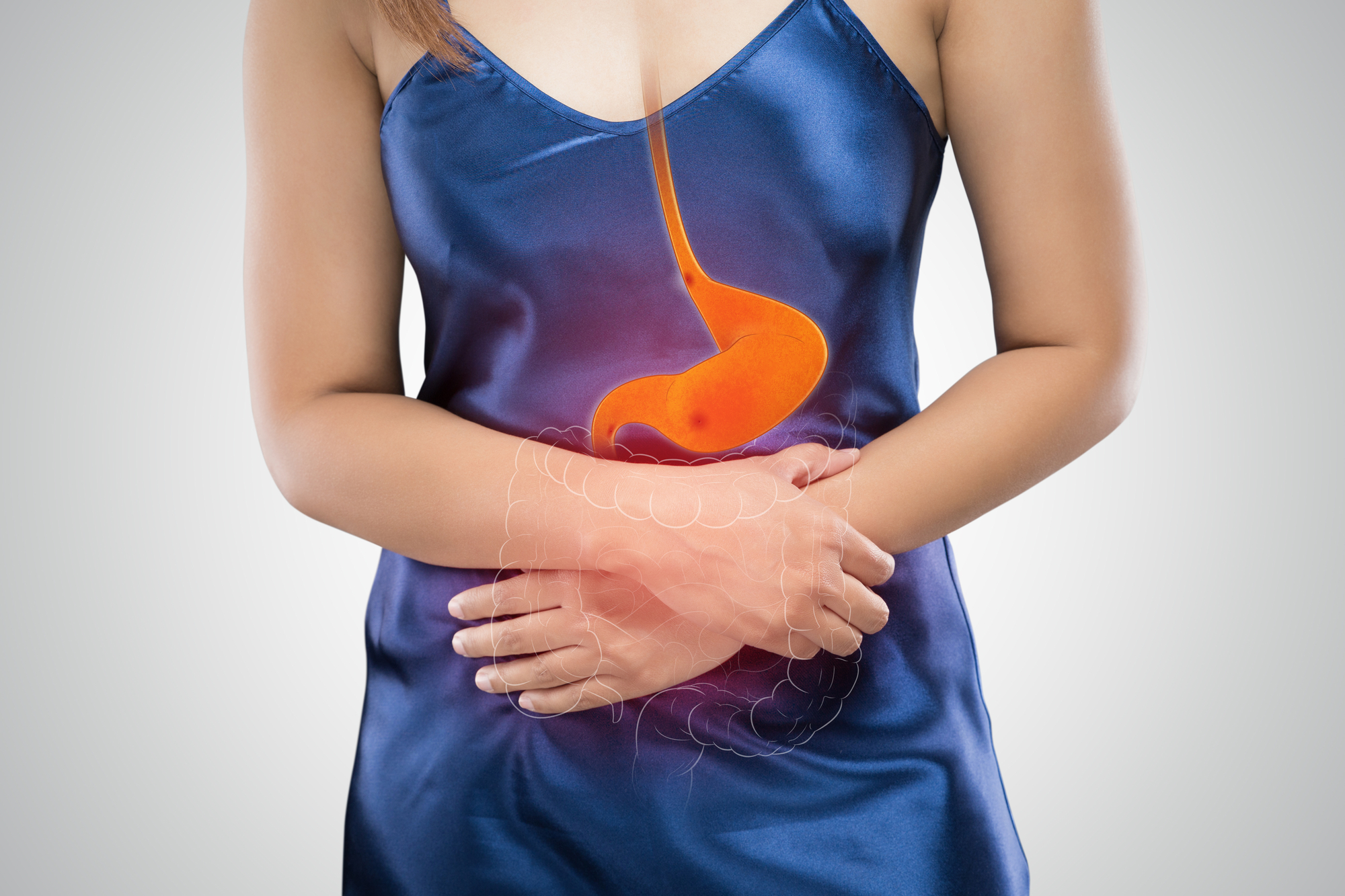Duodenal ulcers are a type of sore that develop in your small intestine in an area called the duodenum. This area is located at the top portion of your small intestine just past the stomach.
This type of ulcer can be caused by several different things. Some people get duodenal ulcers from infections with Helicobacter pylori often referred to as H. pylori, a bacterium often detected in the stomach.
Ulcers can also be caused by anti-inflammatory medications which can impact the mucous barrier in the duodenum enabling acids to cause ulcers. There are also certain medical conditions that can cause duodenal ulcers. For example, duodenal ulcers can be caused by the increase in stomach acid associated with Zollinger-Ellison syndrome.
Additionally certain lifestyle factors can increase a person’s risk of developing duodenal ulcers including heavy drinking, smoking and heavy stress.
Research suggests that upwards of one out of 10 people in the U.S. experience a duodenal ulcer at some point in time. While ulcers were originally more common in men, the rates of ulcers in women have increased in recent years.
Though duodenal ulcers may be confused with other medical conditions, there are some common signs and symptoms. Follow along for 7 common signs of a duodenal ulcer.
7 Signs of a Duodenal Ulcer
1. Stomach pain which sometimes becomes more severe and then gets better depending on what you are eating and drinking.
2. Bloating and an overall feeling of fullness especially after you eat
3. Increased gas and a need to burp
4. Nausea and even feeling like you might need to vomit
5. Weight loss which can happen if the ulcer causes any type of blockage in your digestive track which makes it difficult for food to travel through your stomach.
6. Weight gain through comfort eating in order to find pain relief through food that neutralizes the acid build up.
7. Indigestion, sometimes called dyspepsia, which is characterized by discomfort and a burning feeling in your upper abdomen area.
8. Extremely serious ulcer cases can cause more severe symptoms and complications that require immediate medical attention including blood in your stool.
If you think that you might be suffering from a duodenal ulcer, you should seek out experienced medical attention. When left untreated, duodenal ulcers can lead to more serious complications including bleeding and even perforations in your intestine. There are certain tests that your gastroenterologist may perform for diagnostic purposes. An endoscopy is often used to diagnose a duodenal ulcer. Through this test your physician is uses a flexible telescope which provides visibility in the duodenum so that ulcers can be detected. Your doctor may also test you to see if you have H. pylori.
The experienced team at Gastroenterology Health Partners is here for you if you are concerned about duodenal ulcers and other gastroenterological medical conditions. For more information or to schedule an appointment at one of our Kentucky or Southern Indiana offices, contact one of our practice locations near you.


